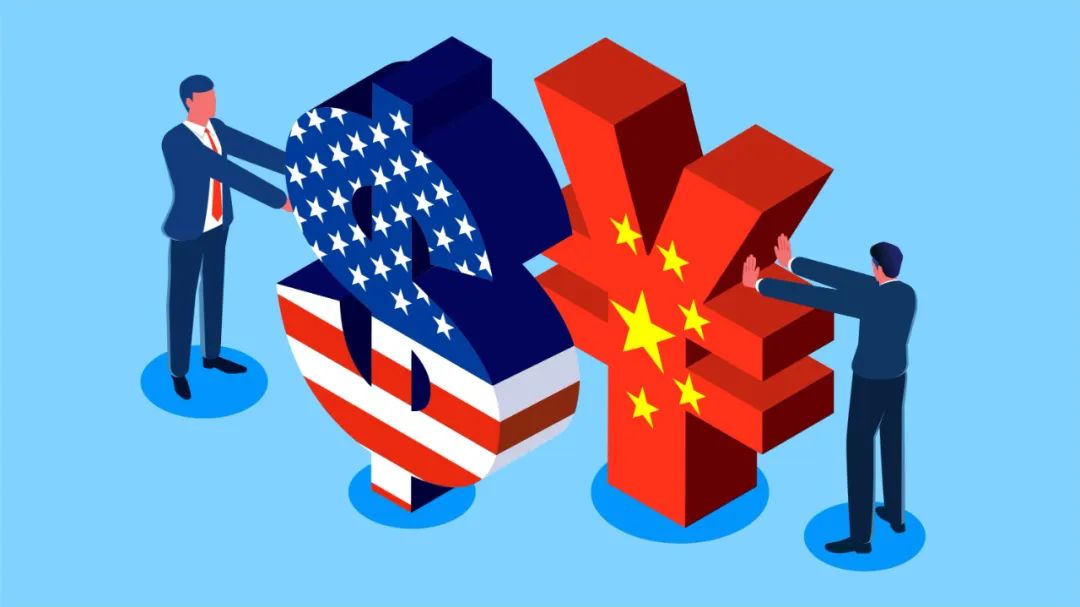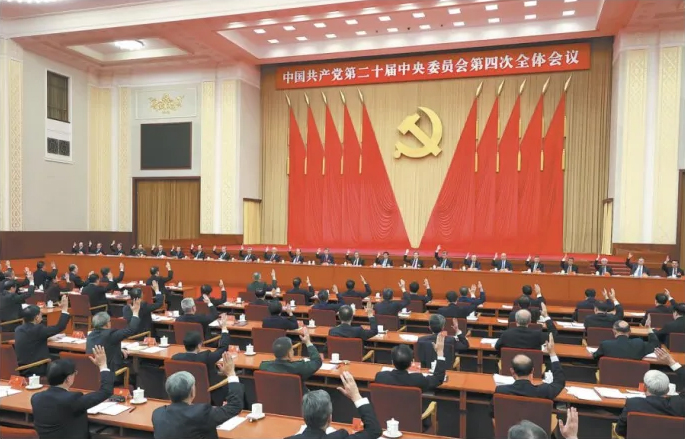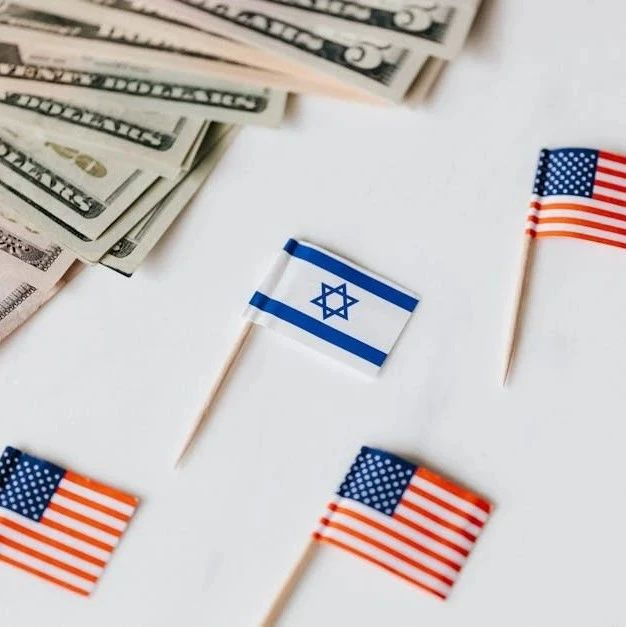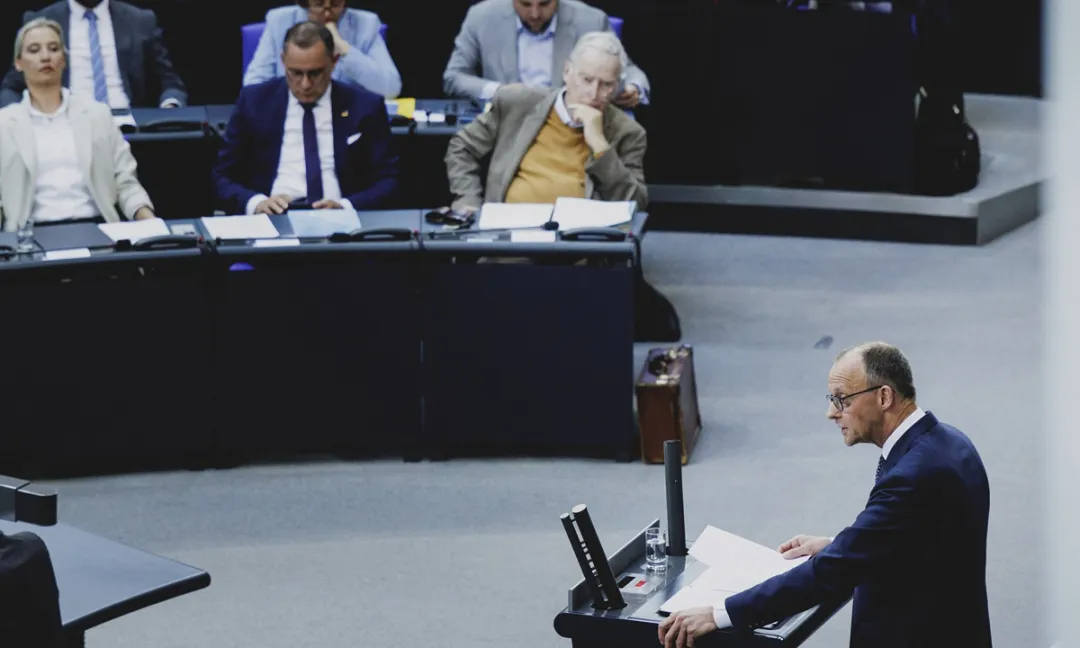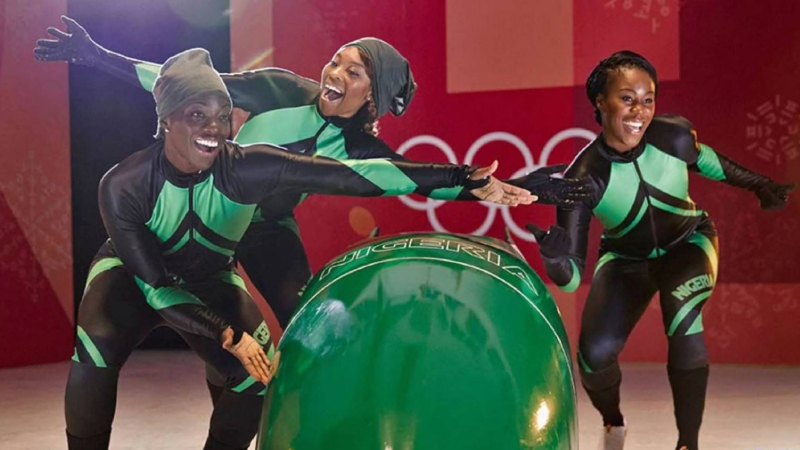
Six athletes from five African countries (Eritrea, Ghana, Nigeria, Madagascar and Morocco) are now competing in alpine skiing and cross-country skiing at the 2022 Beijing Winter Olympics. Since 1960, fifteen nations from Africa have featured at the Olympic Winter Games, representing only 28% of the 54 countries in the continent.
It is not easy for athletes from African countries to participate in Winter Olympics. On the one hand, warm weather and lack of facilities hinders the training of winter sports, as reflected in the movie “Cool Runnings”. On the other hand, Africa, a hopeful continent with the youngest population and promising regional integration have been affected heavily by the COVID-19 pandemic. A long list of issues from malnutrition, food insecurity, coups, pandemic to climate change have been put on agenda of the AU Summit, which was held only a day after the Opening Ceremony of Winter Olympics on 4 February. Peace, stability and economic development serve as foundations for sports competition, which is lacking in some African countries. Under these circumstances, the presence of African athletes at the Beijing Game are quite valuable.
Showcasing their enthusiasm, talents and courage on the grand stage of Beijing Winter Olympics, African athletes not only pursue the Olympic spirit of “Faster, Higher, Stronger”, but also inspire more Africans to strive “Together” for better future. Mialitiana Clerc, Madagascar's first female Olympic skier has designed her own uniform for the Beijing Olympics to “inspire all Africans”. Shannon Abeda, Eritrea's flag bearer and alpine skier, when interviewed by CGTN, also encouraged more young Africans to step out of their comfort zone.
Another group presented at the opening ceremony should understand well the hardness of the long way for African athletes to go through, just like their own journey from a rural primary school in north China to the Winter Olympic stage. A choir consisting of 44 children from Hebei Province sang the Olympic Anthem in Greek, the native Olympic language. The chore members are from Fuping County, which previously had high levels of poverty. The presence of the rural chore reveals China’s growing confidence to present real China to the world, but also demonstrated the spirit of “together for the shared future”.
As the largest developing country in the world and the continent with the largest number of developing countries, China and Africa have shared past experiences and similar aims and goals. Under the FOCAC framework, China has contributed to Africa’s agriculture development, infrastructure construction, industrialization and social development. In a most recent case, residents of Rwanda’s Kigali city suburbs were treated to the opening ceremony of 2022 Winter Olympics through the China-aided satellite TV project, which aim to provide digital TV access to 10,000 African villages. Also, China shared experience of development and governance with African countries. Most importantly, China supported African countries in realizing national independence, following development paths that fit their national conditions. China’s assistance to Africa has never attached political strings, which is in sharp contrast with some Western countries. This explains why African countries show solidarity with China in supporting the 2022 Winter Olympics.
African politicians and people show great support to the game. In Dakar Declaration issuing at the Eighth Ministerial Conference of the Forum on China-Africa Cooperation (FOCAC) held in November 2021, African leaders “are committed to promoting the sustained and sound development of the Olympic Movement, and oppose the politicization of sports. Africa supports China in hosting the 2022 Olympic and Paralympic Winter Games, and wishes the Games a great success.” Mustapha Berraf, president of the Association of National Olympic Committees of Africa (ANOCA) expects that China will organize the best Winter Olympics. Nasser Bouchiba, President of Morocco’s Africa-China Cooperation Association for Development believes that “the success of Beijing Winter Olympics will certainly send a positive message to people all over the world against the backdrop of the globally rampant COVID19 pandemic”. David Monyae, Director of Centre for China Africa Studies at the University of Johannesburg has condemned US’s decision to boycott the winter Olympics in Beijing saying, “At a time when maximum cohesion is needed to face the ethical transition of the community, through sports that promote integration and inclusion, it is unthinkable that we indulge in feelings and actions that go in the opposite direction.”
The mutual trust between China and Africa has not been an overnight achievement. Through more than half a century, China and Africa have stood firmly together at critical junctures and on major issues. Beijing Winter Olympics provides another platform for Chinese and African people to know each other better and build a China-Africa community of shared future in the new era.







